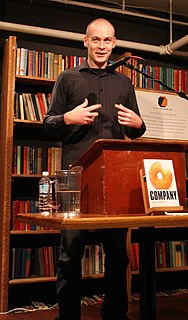A Quote by Dalai Lama
If I were to die today, I would have some concern for Tibet. But I know that I have personally done as much as I can to use my existence for others. So I have no regret.
Related Quotes
If I read this to you and did not tell you that it was an FBI agent describing what Americans had done to prisoners in their control, you would most certainly believe this must have been done by Nazis, Soviets in their gulags or some mad regime - Pol Pot or others - that had no concern for human beings.
The Tibetan religion has a past. And furthermore it has such an appeal. There again young people today are drawn to Buddhism and to Tibet. It's not only because of the Dalai Lama. It's because of what Tibet represents. There is a vast reservoir of knowledge, of mystical knowledge, which can be found in Tibet.The Chinese shouldn't be afraid of that really. They have other means of survival.
I don't know what is the meaning of death, but I am not afraid to die - and I go on, non-stop, going forward with life. Even though I, Bruce Lee, may die some day without fulfilling all of my ambitions, I will have no regrets. I did what I wanted to do and what I've done, I've done with sincerity and to the best of my ability. You can't expect much more from life.
For being able to use language was a critical skill that could carry one far. One could use it professionally, as a crafter of everything from political speeches to modern novels. One could use it personally, as a tool of discovery or a means of staying connected to others. One could use it as an outlet that would feed the artistic spirit of the creator, which existed in everyone.
Could you not give me some sign, or tell me something about you that never changes, or some other way to know you, or thing to know you by?" — "No, Curdie: that would be to keep you from knowing me. You must know me in quite another way from that. It would not be the least use to you or me either if I were to make you know me in that way. It would be but to know the sign of me — not to know me myself.
We do not know what awaits each of us after death, but we know that we will die. Clearly, it must be possible to live ethically-with a genuine concern for the happiness of other sentient beings-without presuming to know things about which we are patently ignorant. Consider it: every person you have ever met, every person you will pass in the street today, is going to die. Living long enough, each will suffer the loss of his friends and family. All are going to lose everything they love in this world. Why would one want to be anything but kind to them in the meantime?






































